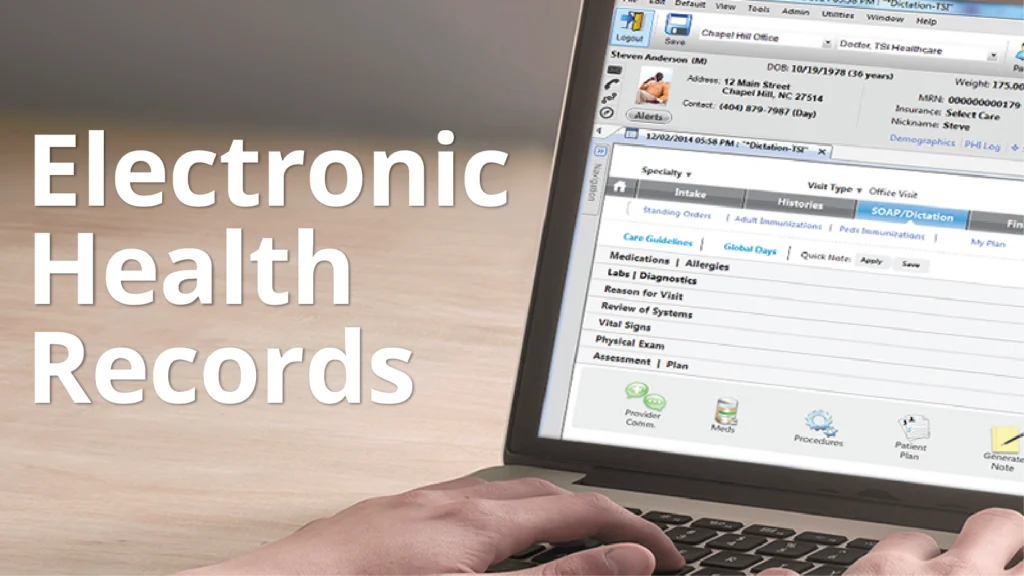Why Electronic Health Records Are Essential for Better Care

Electronic Health Records (EHRs) influence how healthcare providers manage patient information. Unlike traditional paper records, EHRs offer quick and organized access to patient histories, lab results, treatment plans, and more. This digital shift allows for more efficient coordination between healthcare teams, and leads to better patient outcomes. This article explores the importance of EHRs and how they improve healthcare for both patients and providers.
Improved Coordination Among Providers
EHRs streamline communication between different healthcare providers involved in a patient’s care. For instance, if a patient sees a specialist, their primary care physician can easily access lab results or treatment notes. This minimizes the chances of miscommunication and ensures alignment among all parties. In emergency situations, EHRs provide critical details such as allergies, medications, and past procedures, saving valuable time. Improved coordination leads to fewer medical errors and more effective treatments. EHRs make patient data accessible and consistent across providers. This way, they ensure that care is well-informed and seamless.
Better Patient Engagement
EHRs empower patients by giving them access to their own health information. Patient portals allow individuals to access test results, book appointments, and interact directly with their healthcare providers. This transparency helps patients take an active role in managing their health. For example, someone managing a chronic condition like diabetes can track their progress and stay informed about necessary lifestyle changes. EHRs foster communication between patients and providers, making it easier to learn more about telehealth and remote care options. As a result, they promote a more collaborative approach to care. Patients feel more in control, improving satisfaction and treatment plan adherence.
Ensuring Security and Reliability
Security and reliability are non-negotiable when it comes to EHR systems. With sensitive patient data stored digitally, healthcare organizations must safeguard against breaches, data loss, and system downtime. For example, a cyberattack targeting an EHR platform could expose personal information or disrupt critical care. To mitigate these risks, healthcare providers use advanced tools to monitor and protect their systems, such as managed detection and response services that can offer continuous monitoring to detect and respond to potential threats in real-time. When healthcare organizations integrate MDR into their operations, they ensure that patient records remain secure and accessible when needed.
Supporting Long-Term Care and Research
EHRs store comprehensive medical histories, which makes it easier for providers to identify trends and adjust treatments over time. This is especially important for conditions like heart disease or cancer, where early detection and consistent monitoring are crucial. EHRs also contribute to medical research by providing anonymized data that researchers can use to identify patterns or evaluate the effectiveness of treatments. By centralizing and organizing patient data, EHRs support both individualized care and broader advancements in medical science.
Reducing Administrative Burdens
EHRs save healthcare providers time by automating many administrative tasks. Instead of filling out paperwork, doctors and nurses can focus on delivering care. Features like automated billing, prescription management, and appointment scheduling make workflows smoother and reduce errors. For example, a doctor can send a prescription to a pharmacy directly from the system, which eliminates the need for handwritten notes. EHRs also make audits and insurance claims faster, as all necessary data is stored in one place. Cutting down on administrative burdens allows providers to dedicate more time to their patients, ultimately improving the quality of care.






